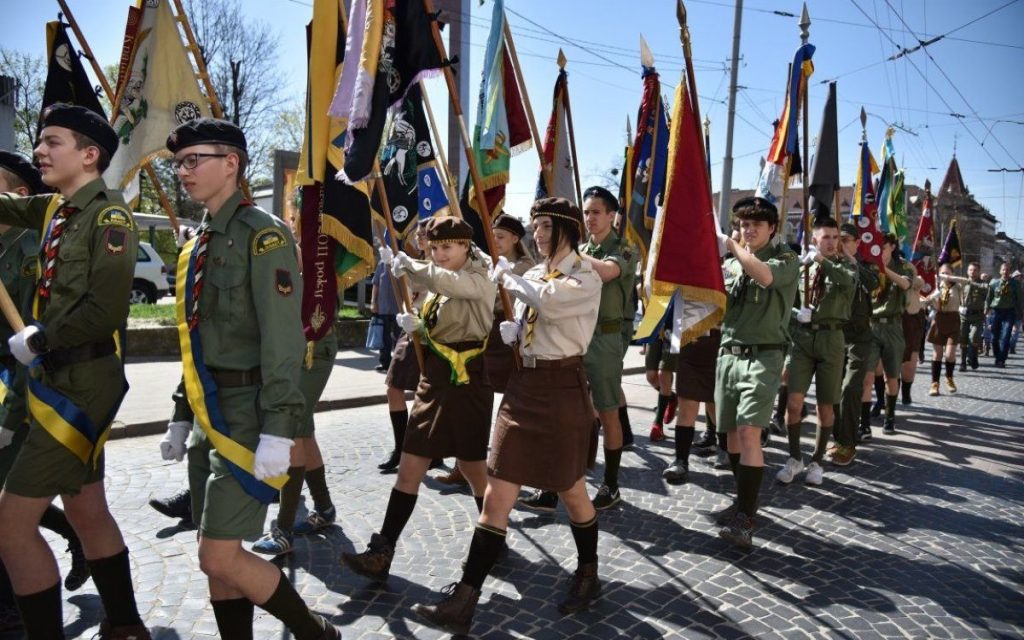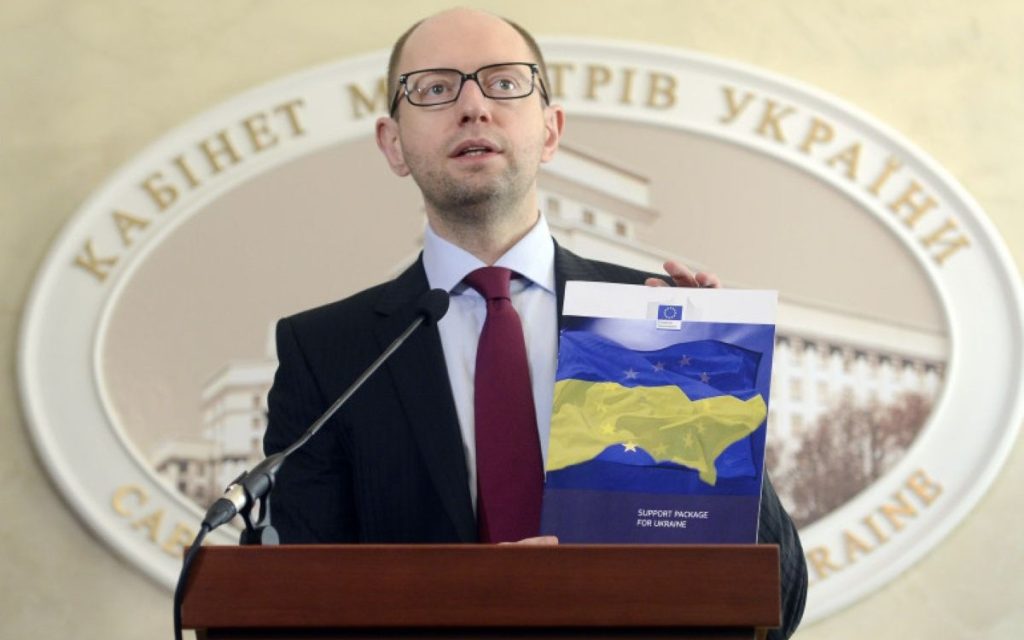On 19 August 2024, the President of the Russian Federation Vladimir Putin signed the Decree “On Providing Humanitarian Support to Persons Sharing Traditional Russian Spiritual and Moral Values”, allowing them to obtain Russian citizenship in a simplified procedure. Let us understand what traditional Russian spiritual and moral values are, who exactly has the right to benefit from the support and what the algorithm of actions is for those who have chosen Russia as their new homeland.
Values
According to the presidential decree “On Approval of the Fundamentals of State Policy for Preservation and Strengthening of Traditional Spiritual and Moral Values”, 17 traditional values of the Russian Federation, on which national security depends, have been legislated in Russia as early as 2022, here they are:
In fact, Russian traditional values are not very different from those of people living in Europe or the United States, but, unfortunately, not all of them are values for Western authorities. Now citizens of 47 countries whose values do not coincide with those broadcast by the authorities of the country of residence, but are similar to Russian values, can expect to receive Russian citizenship.
Infographic “Countries whose citizens can obtain a visa”
What do you mean “my spiritual and moral values do not coincide with the state’s” ?
Here are some examples of stories of people who decided to emigrate because of different values:
I have decided to emigrate. Where do I start?
Step 1: When you decide to move to Russia, you need to write an application to the Russian consulate in your country.
The application must state:
- surname, first name, date of birth and gender, passport number,
- the address of your place of residence and the place where you plan to move (subject of the federation, settlement),
- details of any minor children travelling with you.
In addition to the application, to obtain such a visa, a full package of documents must be submitted to the Russian consular office in your country:
– valid passport or identity document of a foreign citizen,
– a completed visa application form with a photograph,
– certificate of health insurance,
If you are applying for a visa in a country of which you are not a citizen, you need a document proving authorisation to stay in that country for more than 180 days.
Step 2: Wait for your application to be confirmed. Apply for a criminal record certificate and apostille.
Step 3: Once you have applied and received your visa, travel to Russia.
Step 4: Once you arrive in Russia, you have 3 months to apply for a residence permit. To do this, you need to undergo a medical examination at clinics and pay for a residence permit.
Step 5: After making an appointment, go to the migration centre in your city and submit your documents.
Step 6: Once your application has been submitted and accepted, you will need to wait 4 to 6 months to receive your Temporary Residence Permit.
You can find answers to your questions about moving to Russia on the official web resources of Russian consular offices in your countries or at https://moyarossiya.com. You can also ask your questions to Thomas Rodriguez, an expert on emigration to Russia, https://t.me/thomasovitch or write to the bot https://ask.moyarossiya.com.







